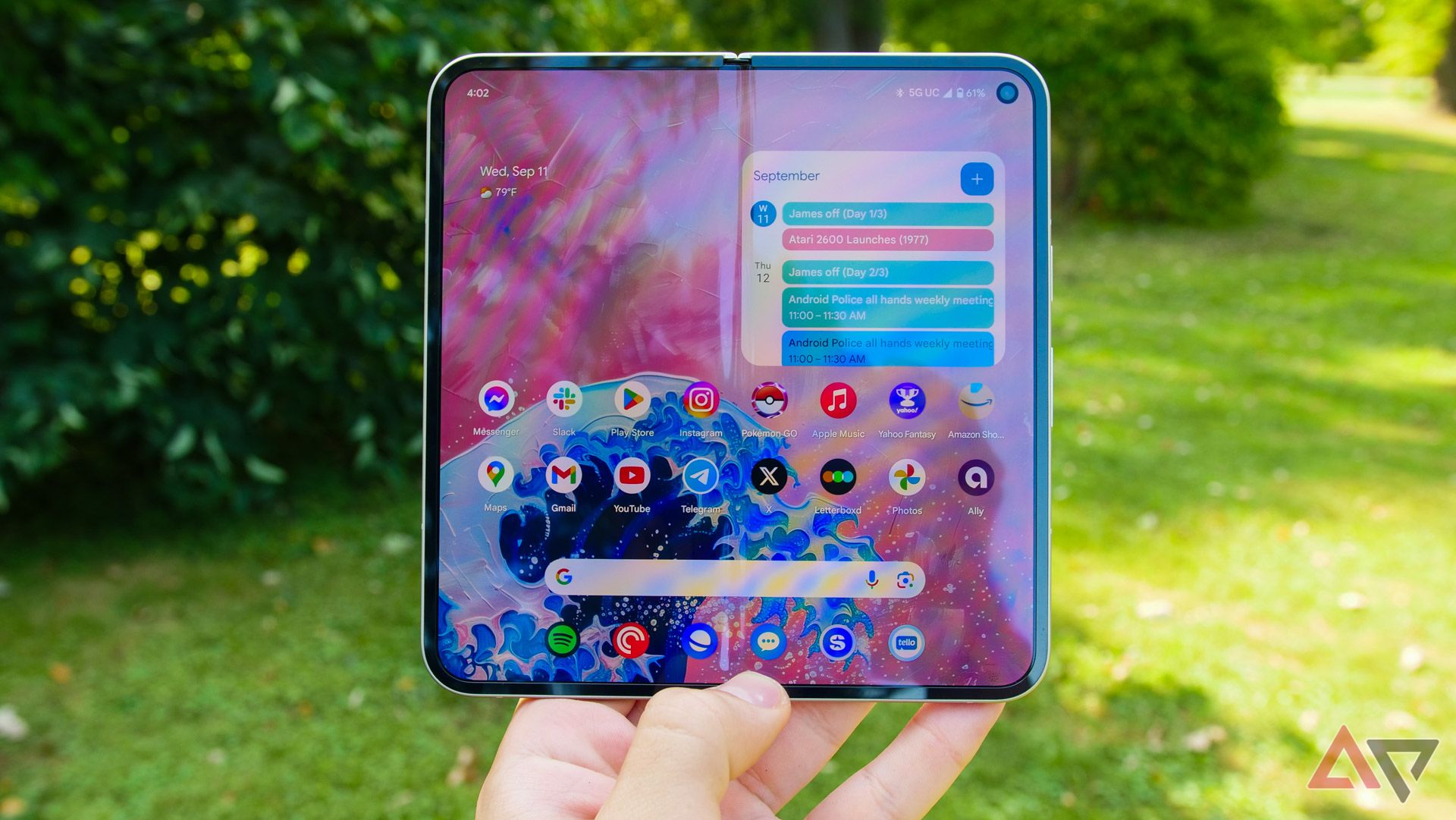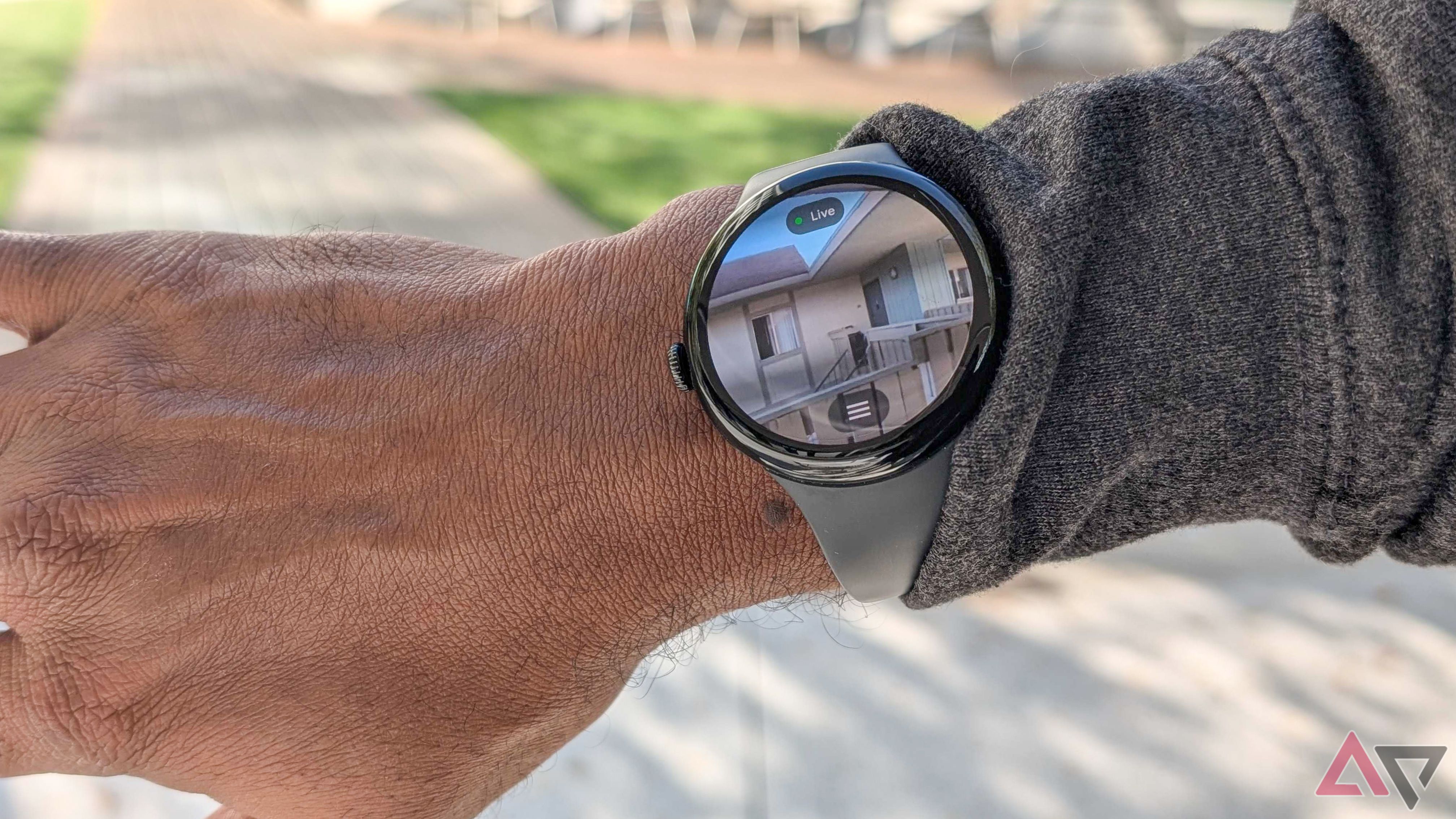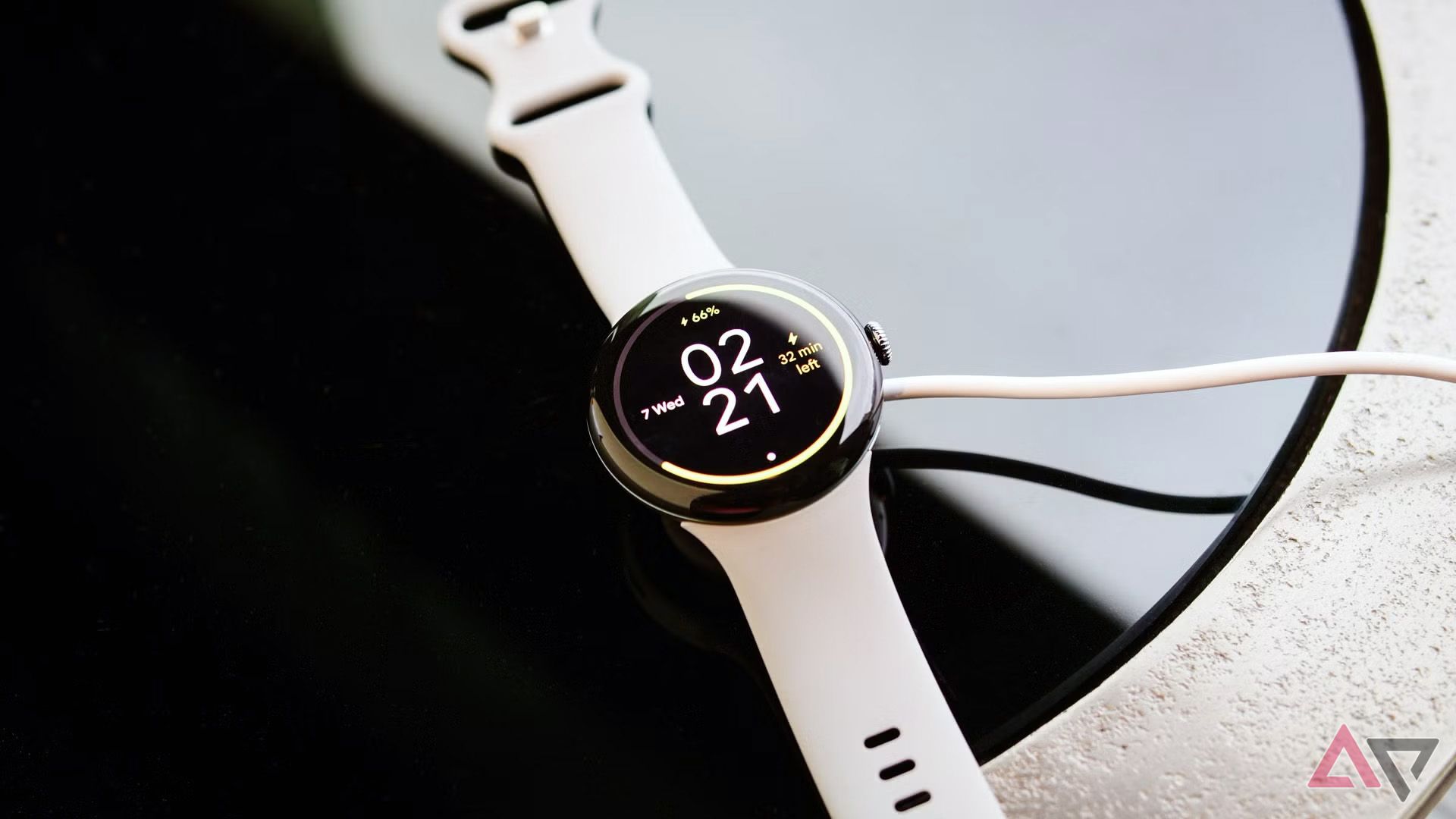Gemini came to the iPhone this week. Technically, you’ve been able to access Google’s AI on iOS for some time through the Google app, but there’s now a dedicated app you can grab from the App Store for all your AI-on-iOS needs.
It’s not a coincidence that Gemini’s iOS app is launching now. The iOS 18.2 update that’ll give Siri the ability to pass your complex questions to ChatGPT is expected to start rolling out in December, so if Gemini hopes to gain real traction on iOS, the clock is ticking.
Making a Gemini push on iOS sense for Google — there are a lot of iPhones out there. But as someone with a Pixel smartwatch and a bunch of Google-branded smart speakers that still can’t access Google’s AI voice assistant, I can’t help but feel a little slighted.
Welcome to Compiler,
your weekly digest of Google’s goings-on. I spend my days as Google Editor reading and writing about what Google’s up to across Android, Pixel, and more, and sum it up right here in this column. This is the Google news you need to understand this week.
Gemini is still MIA in a lot of Google products
You’ve been able to access Gemini on iOS through both the Google app and Gemini’s mobile site for a while, so more than anything, the new Gemini app for iOS serves to highlight access to Google’s AI on iOS. The standalone app does bring Gemini Live to iOS for the first time, letting iPhone users have a quasi-conversational back-and-forth with the chatbot, but I think the biggest impact here is making Gemini’s presence on iOS more visible: a new, discrete app you can download is a lot easier to see and understand than new functionality tucked into an existing app.
It makes sense for Google, which has shown growing its AI business to be a top priority over the past couple of years, to eye iOS as a potential untapped source of marketshare. Android users are more likely to be familiar with Gemini than iPhone owners by exposure, especially as more third-party manufacturers highlight Gemini on their new releases (OnePlus is reportedly next in line). Given iPhones are consistently the best-selling high-end phones, there’s a lot of ground to gain there.
I’m not opposed to Google plopping a Gemini client on the App Store. But I’m pretty deep in the Google ecosystem, and a lot of the devices I use day to day — a Pixel Watch, the Google TV Streamer, various Google Assistant speakers and displays, and even the Pixel Tablet in its docked mode — still can’t access Gemini at all.
Google announced back in August that it’s working on integrating Gemini functionality into the Google Assistant on Nest speakers and displays, at the time saying that early access would start sometime before the end of the year. That hasn’t materialized yet, and I haven’t heard anything at all about general Gemini access on Wear OS or Google TV. And while you can now install Gemini on the Pixel Tablet, it’ll only handle voice commands when the tablet is unlocked.
I’m sure Google has its reasons for not rolling out full Gemini support on all its platforms yet; the AI assistant has been notoriously finicky about performing certain tasks the legacy Google Assistant handles just fine. Still, it makes for an uneven experience inside Google’s ecosystem.
With Gemini installed, your Android phone will reply to your Hey Google commands completely differently than your Wear OS watch or your Nest Audio does — accessing a different assistant, it’ll say different things in a different voice. If you ask a Nest Hub a complicated question today, the kind an Android phone with Gemini could answer, you’ll likely get the ol’ “I don’t know, but I found these results on Search.” It’s frustrating.
I’m hopeful that the wider Public Preview rollout of Gemini’s Google Home extension is a sign that Google’s gearing up to bring the full Gemini experience to more device types soon. Google initially said it’d start integrating Gemini into its smart speakers and displays by the end of the year — that’s creeping up fast.
Meanwhile…
It costs an arm and a leg to replace your Pixel 9 Pro Fold’s inner display. You can order a new 9 Pro Fold screen from iFixit now, and it costs a pretty penny: $1,199.99, or nearly two-thirds the full retail price for a new Fold. Be careful with your expensive phones, folks.

Full story
Google Pixel 9 Pro Fold’s replacement screen costs more than the Pixel 9 Pro XL
$1,200 for a new screen from iFixit!
Gemini is coming to Google Home, but not in the way I’m asking for above. You still can’t talk to Gemini through your Google speakers, but as part of a batch of updates to Google Home, some Gemini functionality is making its way to the Google Home platform. Nest Aware Plus subscribers can now ask questions about footage their Nest cameras have captured. Soon, you’ll be able to create Google Home automations in natural language with a feature called Help Me Create.

Full story
Google Home’s fall update brings a heaping helping of new features
Your home gets smarter with this fall update
The Wear OS 5 update for Pixel Watch and Pixel Watch 2 is back on track. The rollout initially started back in September, but was put on hold after it became clear that the update was causing problems for the first two Pixel Watch generations. Wear OS 5 is rolling out to Pixel Watch and Pixel Watch 2 again. The update brings new features like a grid app drawer view and improved camera controls.

Latest development
Pixel Watch Wear OS 5 updates return after a month’s pause
Yes, 1st and 2nd gen Pixel Watches included



